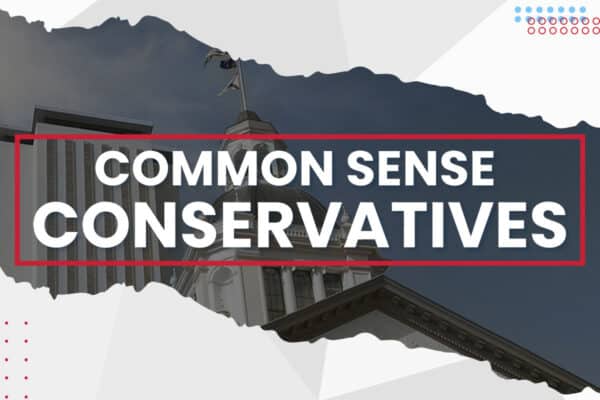Florida bill cracks down on releasing personal information online, or ‘doxxing’

TALLAHASSEE, Fla. – A new piece of Florida legislation would pave way for legal action by individuals who feel another posted their personal online information with intention to cause harm or anguish.
Sen. Tina Polsky, R-Boca Raton, filed SB 920 this week, called “Electronic Harassment.”
The bill establishes the ability for someone to bring civil action against another who “intentionally posts” his or her “personal identifying information” without consent.
Also known as “doxxing,” the practice itself is typically legal in the U.S., especially when the information is already available to the public. However, doxxing can be used in advance of another crime like harassment, incitement to violence or intimidation.
To pose a violation of the proposed law, the person posting the information must have done it with intent to harm or harass, or with “reckless disregard” for the fact that posting the information causes a reasonable likelihood of the victim being attacked, stalked or even killed.
Posting the information would also be a violation if it caused “mental anguish” to the individual, or if it has a likelihood of causing “significant economic injury” or results in the person fearing “serious bodily injury or death,” or disruption, both for the victim and anybody around them.
If a victim’s case is successful, the bill outlines how a judge can order the individual to stop releasing such personal information about the victim.
The proposal outlined specific instances in which spreading personal information is not illegal, such as reporting on criminal activity, providing the information “in connection with” constitutionally protected speech, along with reporting on conduct that is “reasonable believed to be unlawful.”
If fully approved, it would take effect July 1, 2024.



